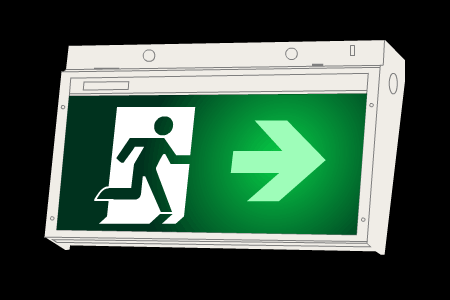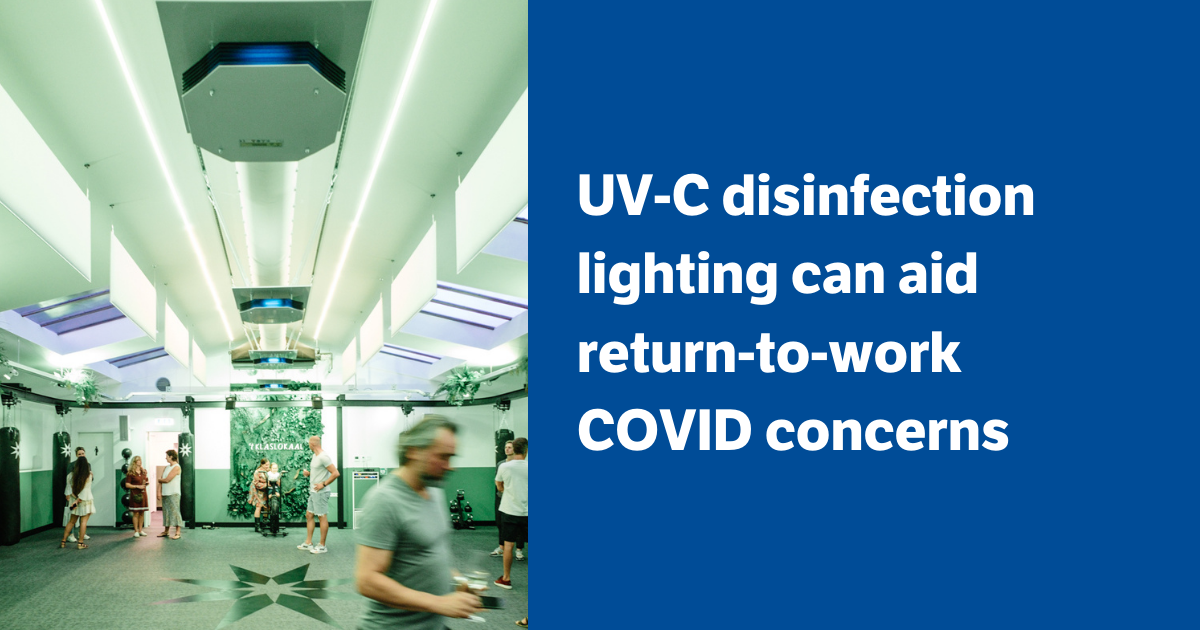A mistake that perhaps many of us are guilty of making is the way we charge our phones. The most sensible way to charge a phone is on a worktop away from wet areas or soft furnishings. Always ensure you are using a CE mark lead that is free from and visual damage.
When the wrong charger is used, it can cause extensive damage to the phone itself and your electrics.
The socket quickly overheats and damages the wiring within the wall. It can easily start a house fire or explode leaving you with serious burns and damage.
It is worrying the amount of people who put their phones on charge under their pillows before going to sleep. This can cause a fire easily as the fabric ignites.
Charging using a genuine phone charger is safe so long as the manufacturer’s instructions are followed. However this doesn’t rule out an electrical fault developing which could still result in fire.
If you suspect electrical damage has been caused by using an incorrect charger, please contact us and we can arrange a visit by a qualified electrician to carry out a condition report of the electrical system.
- Don’t charge your phone overnight. If you must leave your phone charge unattended, put it on a non-flammable surface such as a kitchen worktop.
- Regularly inspect cables for signs of damage, and discard anything that looks damaged.
- Only use chargers from reputable sources, preferably the original manufacturer.
- Install smoke alarms and test them regularly.
- Have your electrical system at home checked periodically by a competent electrician, including checking the fuse board for loose connections.
- At night, unplug any unnecessary chargers and other electrical products. Close doors downstairs; if the worst happens, that will help slow or contain any outbreak of fire and give you time to escape.







